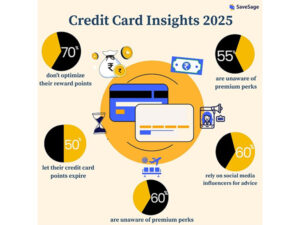Interest rate hike cycle in Asia nearing its end: Morgan Stanley
New Delhi [India], February 16 (ANI): Monetary policy tightening through interest rate hike is nearing its end in Asia, said Morgan Stanley, as the inflation in the region is mostly cost-push — meaning supply chain-led — in nature.
“This is informed by our perspective that Asia’s inflation is most cost-push in nature and so central banks do not have to take rates deeply into restrictive territory,” Morgan Stanley said in a report titled ‘The Viewpoint: The Tightening Cycle Is Peaking’ authored by economists Chetan Ahya, Derrick Y Kam, Qiusha Peng, and Jonathan Cheung. It said the data started to show that inflation had indeed peaked in Asia in late 2022.
In recent months, it said they have seen downside surprises in the inflation data, and headline inflation has already peaked in nine out of 12 economies in the region.
“But the recent repricing of the Fed policy path has once again raised questions about whether Asia central banks will need to lift rates even higher or for longer, considering that the Fed is now expected to hike rates well into May,” it cautioned.
The US Federal Reserve approved a quarter-point interest rate hike earlier this month. The US central bank’s policy rate is now in a target range of 4.50-4.75 per cent, the highest level in 15 years, and notably, it was near zero in the early part of 2022. Raising interest rates is a monetary policy instrument that typically helps suppress demand in the economy, thereby helping the inflation rate decline.
In India too, the Monetary Policy Committee (MPC) of the RBI decided to raise the repo rate, the rate at which the RBI lends money to all commercial banks, by 25 basis points to 6.5 per cent. Since May last year, the RBI has increased the short-term lending rate by 250 basis points to contain inflation. India’s retail inflation was above RBI’s six per cent target for three consecutive quarters and had managed to fall back to the RBI’s comfort zone in November 2022. Retail inflation again breached RBI’s upper tolerance band in January 2023, with the Consumer Price Index pegged at 6.52 per cent.






